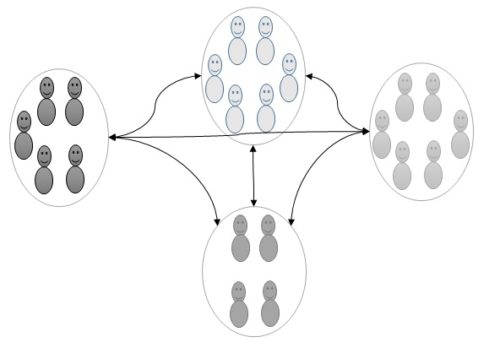
Agilemania
Agilemania, a small group of passionate Lean-Agile-DevOps consultants and trainers, is the most tru... Read more

Agilemania, a small group of passionate Lean-Agile-DevOps consultants and trainers, is the most tru... Read more


There we encountered similar scenarios about managing dependencies with multiple scrum teams. Yes we went through basic steps. Why there are so many dependencies?
How to avoid those by multi-team refinement and planning? How engineering practices like A-TDD and CI can help here? We did lot many experiments to reduce dependencies but still, there were dependencies.
We accepted the fact that there will be some dependencies so better to figure out ways to address those effectively.
Agilemania, a small group of passionate Lean-Agile-DevOps consultants and trainers, is the most trusted brand for digital transformations in South and South-East Asia.
WhatsApp Us
I have completed my training from Preeth Pandalay on 14-15 June. Training was very much to the point . He is a very good...

I attended a 4-day PMP certification classes through Agilemania. I enjoyed the teaching of Mr. Satyajit Gantayat. He has...

I recently attended a Scrum Master training workshop conducted by Satyajit, and it was one of the most engaging and info...

Amazing team under the leadership of Sumeet Madam, who is exceptionally well in teaching topics like Scrum, etc

Interactive session and a great learning with Satyajit Gantayat. Must sign up for the course if you are a beginner or wa...

We will get back to you soon!
For a detailed enquiry, please write to us at connect@agilemania.com
We will get back to you soon!
For a detailed enquiry, please write to us at connect@agilemania.com


